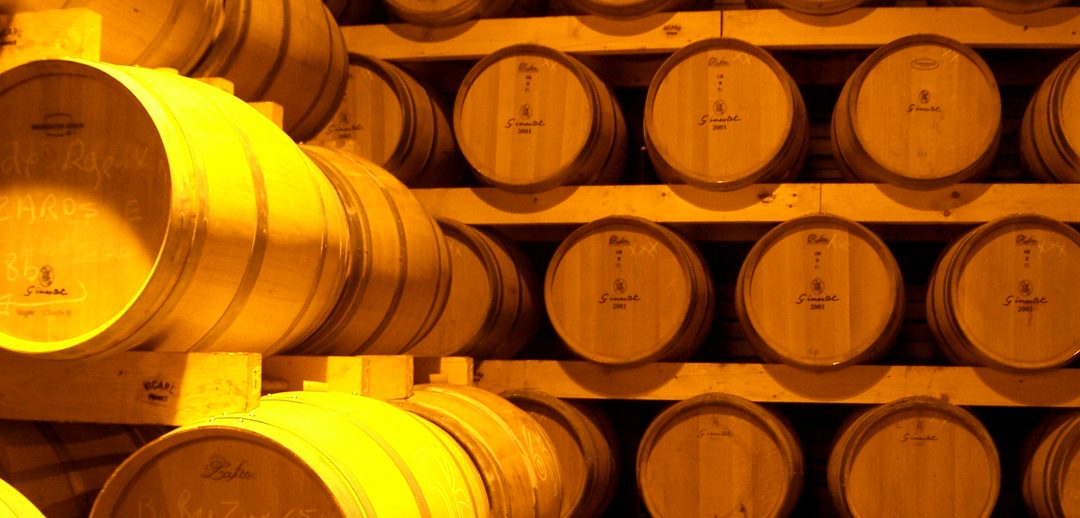The art of winemaking dates back over 8000 years. One would think, given this long history, that the skill would have been mastered long ago. But the diversity of grape varieties, styles, regional characteristics and so forth ensure a constant evolution of vinification practices. While many of the most revered wine styles today came about though trial and error, others were little more than accidental wine discoveries.
***Side note: I have also made this post into a YouTube video. To watch, just scroll down to the bottom & click play. If you enjoy the video, consider subscribing to my YouTube channel so you never miss an episode of my wine education series.
When you think about it, our first encounter with wine was accidental. Historians suggest that our ape ancestors discovered alcohol roughly 10 million years ago by eating damaged fruits that had fallen from the tree and fermented. How and when humans first attempted to transform this fruit into a palatable beverage is unknown. However, the earliest evidence of organized winemaking efforts date back to the South Caucasus area (modern day Georgia) circa 6000 BC.
So many of my favourite wine styles can be considered accidental wine discoveries…
Take sparkling wine. Carbonation in wine has existed since ancient Greece and Rome. Why some wines suddenly developed bubbles and others did not was a complete mystery at the time. The effervescence was often attributed to moon phases, or even to good or evil spirits. What these early winemakers did not realize was that the wines they thought had completed fermentation, had in fact not. Once placed into sealed amphorae for sale, certain began re-fermenting, producing carbon dioxide that dissolved into the liquid making bubbles.
According to wine historian Rod Philips, it wasn’t until the 15 to 16 hundreds that sparkling wine became an intentional, commercially produced wine style. Multiple claims exist as to who invented sparkling wine. From the fabled tale of Dom Pérignon seeing stars as he tasted his fizzy creation, to the labours of Benedictine monks in Limoux, to the research trials of a British scientists, the history of sparkling wine remains laced with intrigue.
As wine discoveries go, the creation of fortified wine styles – like Port – was incredibly beneficial for the times. In the 16th and 17th century, wines were often subjected to long sea voyages to reach their customers. During the journey, they were often exposed to overly high oxygen levels and extremes of temperature that caused spoilage. Through out Europe it became common practice to add brandy to the wine casks just before shipping. Brandy was found to act as a preservative – keeping the wine fresher for longer. Upon tasting the richer, sweeter, higher alcohol wines, customers found that they rather liked them and a new wine style was born.
The positive effects that oak ageing can have on wine quality was also among the greatest of accidental wine discoveries. Oak can impart pleasant aromas and flavours to wines, such as cedar, vanilla, and spicy notes. It can also soften wines’ tannins and give a rounder, smoother mouthfeel over time. But these benefits were not the original reasons for maturing wine in oak. Oak barrels were originally used to transport wine. They were lighter for Roman troops to carry than clay amphorae, as they moved further and further afield from Rome. Oak was plentiful in European forests, and a soft enough wood to easily bend into barrel shape.
Just like penicillin, microwave ovens, pacemakers, super-glue, the slinky…some of our greatest inventions in wine have come about entirely by accident. Perhaps with the hands off approach of today’s minimum intervention winemakers, the next accidental wine innovation is in the making.

